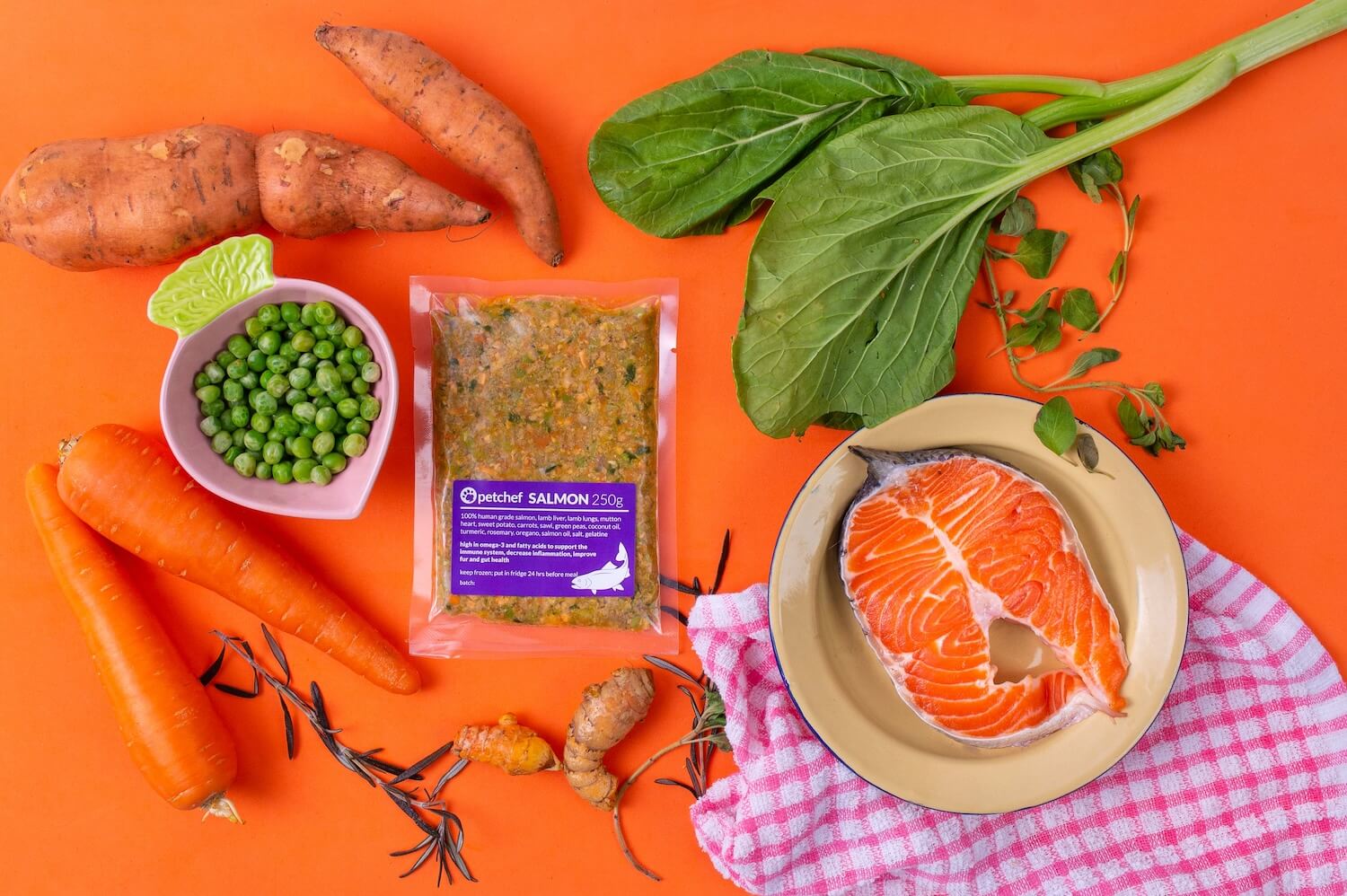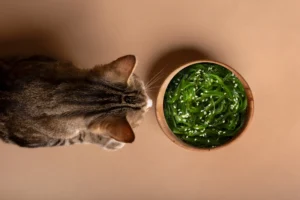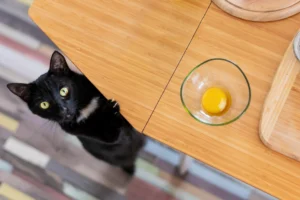Your cat is a majestic hunter by nature. You love the independent spirit that gives them their adorably proud nature. And one way you show your love is by feeding them the best you can find. We get it!
But if expensive kibble and wet foods are your choice, have you wondered whether you may be feeding your your cat too many starches?
These foods can contain between 20-40% of carbohydrates sourced from grains, potatoes and legumes.
To get a clear answer on this, let’s consider a few facts about the nature of your cat.
Unique by Nature
Our regal felines really are different in their biological design, as they have a unique biochemistry when it comes to their nutritional needs.
Cats do not have the specific liver enzymes to deal with an overload of carbohydrates, and therefore their threshold for these are really low. What they get in nature, for instance, would be from the stomach content of the catch they just devoured. Be it a bird or an insect. Not a lot there!
In fact, a cat’s naturally preferred prey would consist of 45% fat, and only 1-5% of carbohydrates. They can have up to 5%, but it is not a dietary requirement.
Sensitive Urinary tracts
Then there is the matter of our kitties having very sensitive lower urinary tract systems. They need a lot of water. Adding carbs to the mix makes it harder for them to keep their H2O needs in check. Sure, they should be drinking more then, you could reason. But why cause them to have to search out more water than they are naturally designed to do?
Fat Cat Babies
Have you ever seen a fat lion, tiger, leopard, or any other wild cat species? The thought is ridiculous! So think about your cat getting too big and lazy. It makes for a good Garfield comic strip! It might seem cute, but they are really not designed for this, no matter how fluffy they might be.
It was found that obese cats on a lower carb and higher protein diet not only lost their excess weight but maintained lean muscle mass. A very important factor for your mighty hunter creature!
This speaks volumes for the nature of cats. If starches were biologically appropriate, would a diet rich in these not also contribute to lean muscle mass? The fact that they lost weight on a lower carb diet also shows that carbs are not supposed to be there in the first place.
Really, if you think about the matter from their perspective, it becomes clear that the amount of carbohydrates we need to feed these creatures of majesty may have to be kept at a minimum. Yes, we cannot read their minds, but we have nature to fall back on!
Are all carbs bad?
Some vegetables, like finely grated carrot (cooked) can be added to meals that contain a healthy mix of fats and protein. If you need inspiration, have a look at our recipes! And remember to make a transition from the current foods to the new. A sudden change could cause digestive issues and an unhappy kitty.
Show your Love
We know you love your cat. We love ours too! Don’t wait for them to show signs of ill health and less than great condition. They cannot make these choices, but you can. Show your love by feeding your cat what he is biologically intended to eat, by reaching out to us to find out more about a biologically-appropriate meal plan for your cat!





















